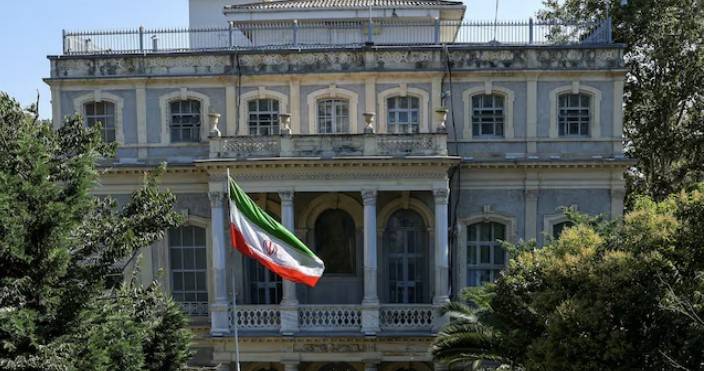Deputy foreign ministers from the four countries took part in the meetings which follow a previous round held in Istanbul in July.
At the Istanbul talks, the three European powers reportedly floated a proposal to avoid imminent confrontation by agreeing to a six-month extension on the sanctions move in exchange for various diplomatic concessions.
The talks held in Geneva produced no tangible results, The Wall Street Journal’s correspondent reported citing sources.
“Iran did put some promises on the table but they lacked detail/substance,” Laurence Norman added.
In the talks, “the Iranians gave E3 representatives very little to work with in order to get an extension of the snapback,” Axios reported citing an unnamed source.
The Iranian did not “put tangible detailed deliverables on the table,” the report added.
France, Germany and Britain have warned they are prepared to trigger the so-called “snapback” mechanism by the end of August if Tehran fails to reach a diplomatic solution over its disputed nuclear program.
The snapback mechanism, part of UN Security Council Resolution 2231 — which endorsed the 2015 nuclear deal called the Joint Comprehensive Plan of Action (JCPOA) — allows any party to the accord to file a complaint accusing Iran of non-compliance.
“Both sides outlined their respective views on resolution 2231,” Iran’s Deputy Foreign Minister Kazem Gharibabadi wrote on X.
“Iran remains committed to diplomacy and a mutually beneficial diplomatic solution. High time for the E3 and UNSC to make the right choice and give diplomacy time and space.”
If no resolution is reached within 30 days, all previous UN sanctions would automatically resume and would include arms embargoes, cargo inspections and missile restrictions.
